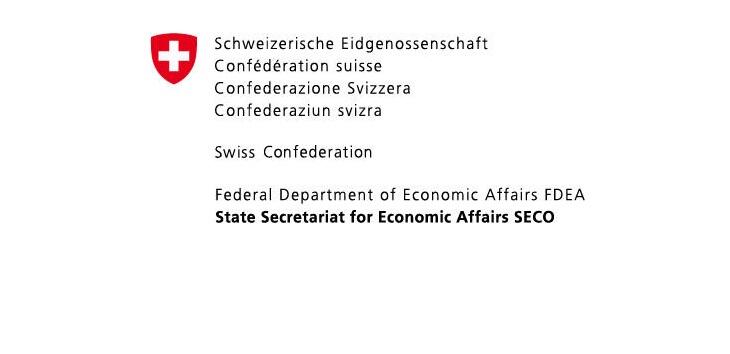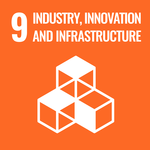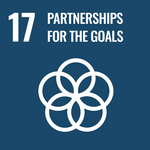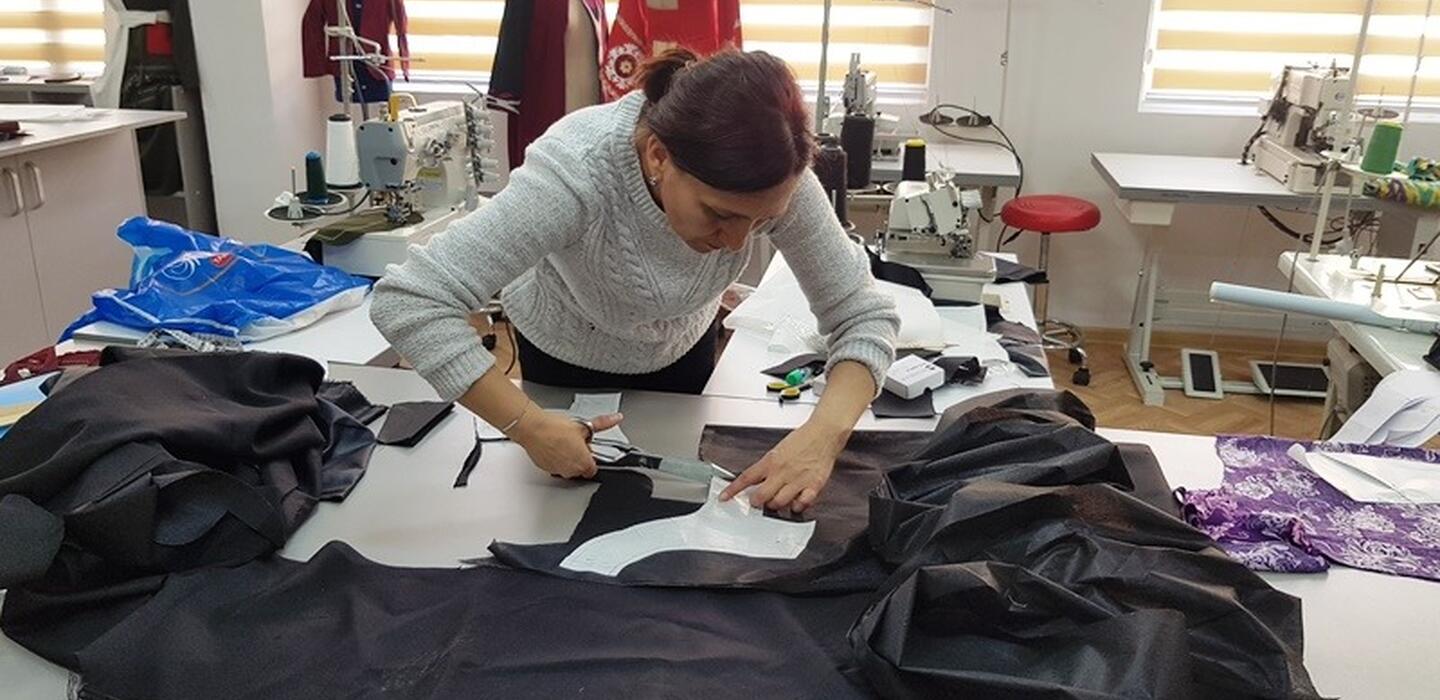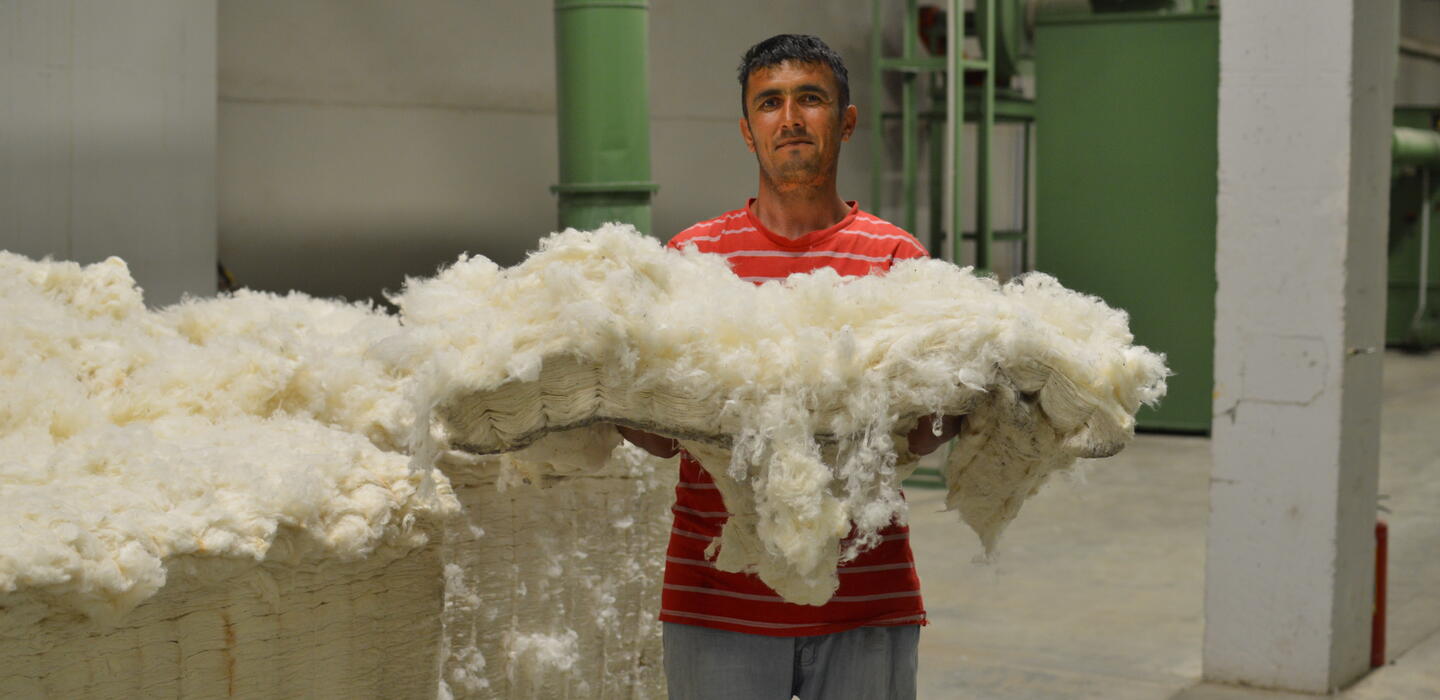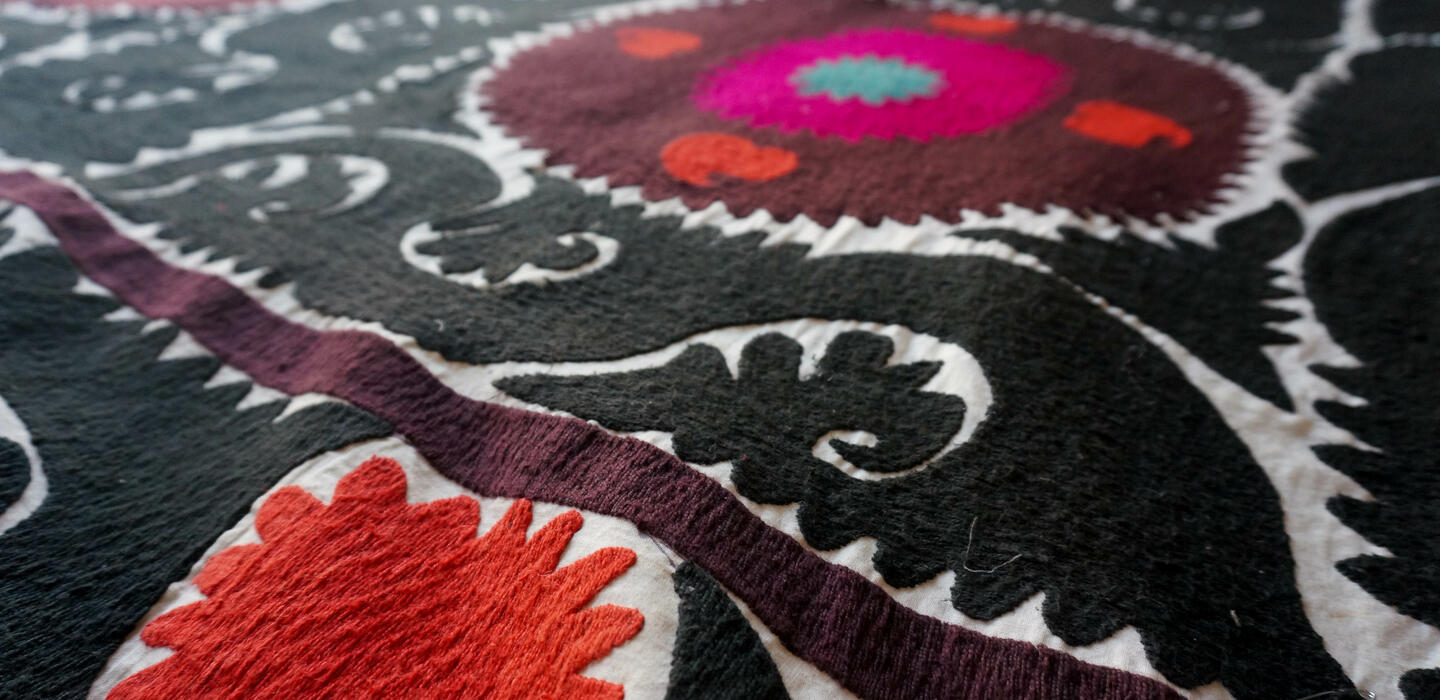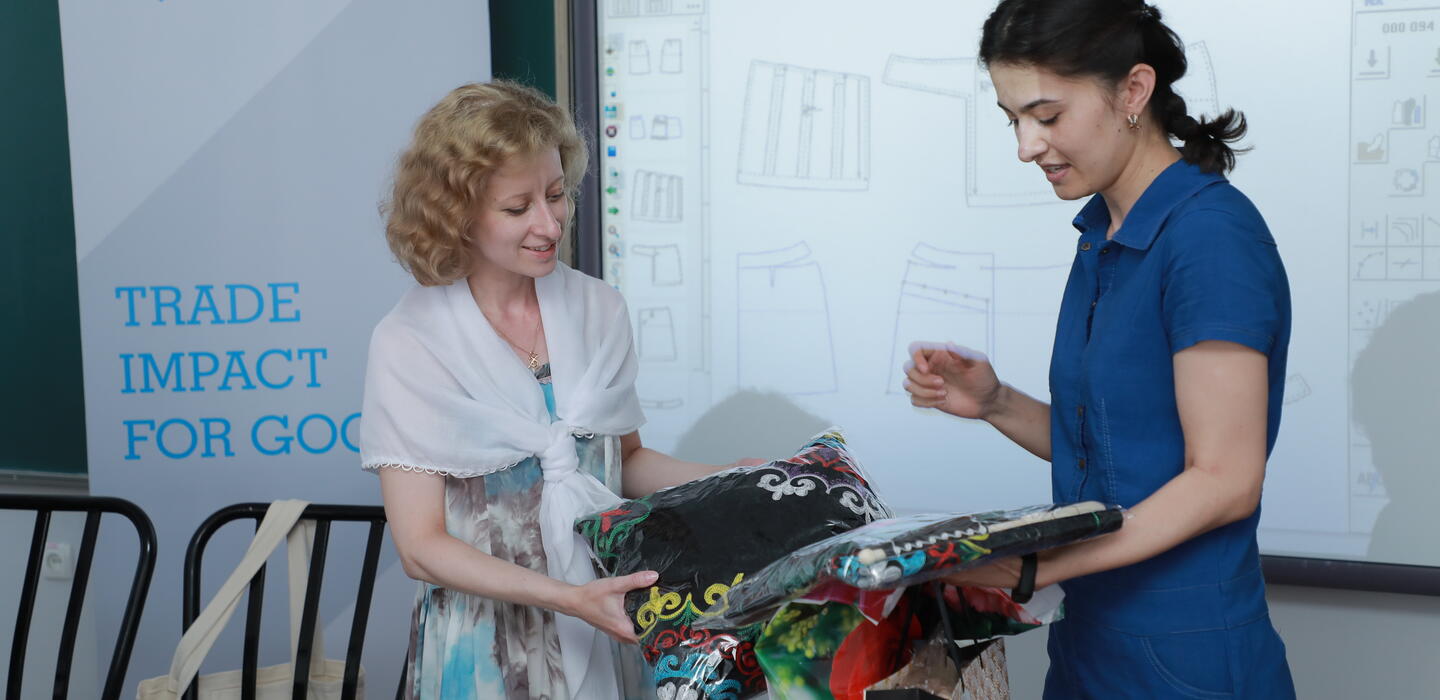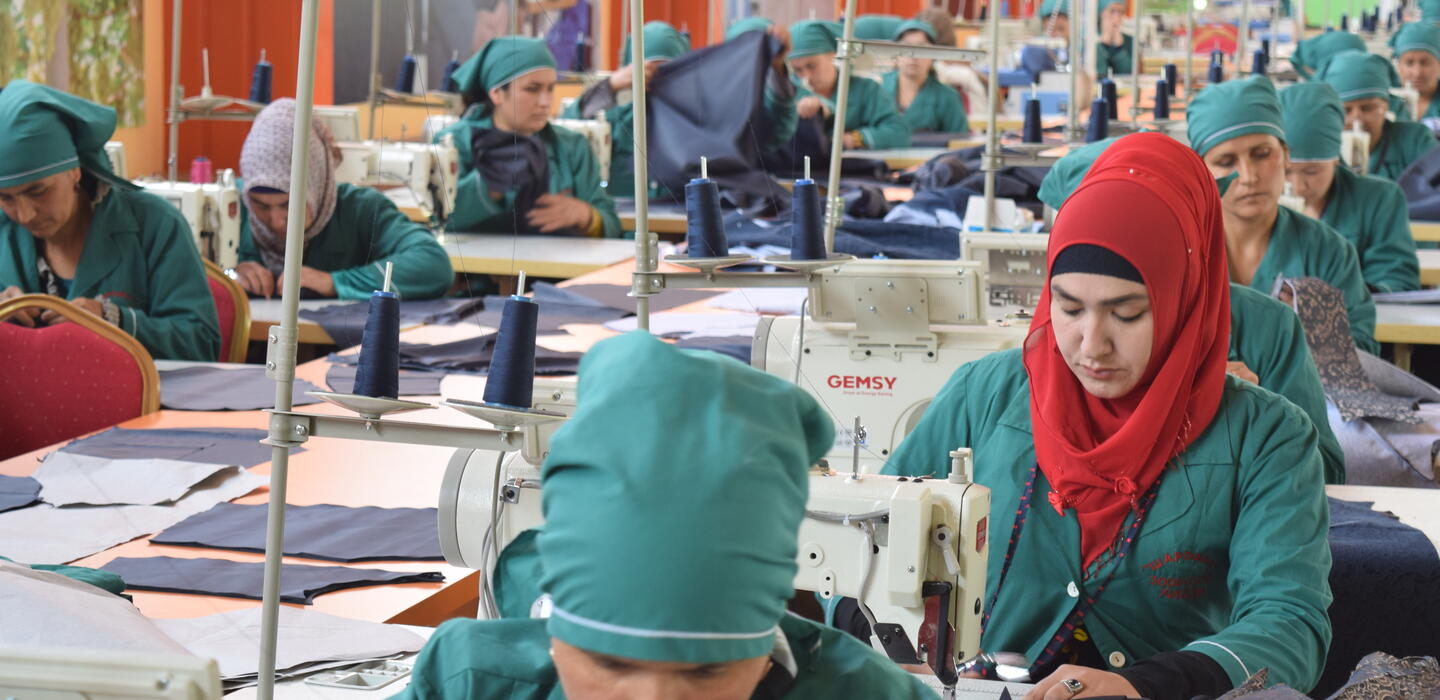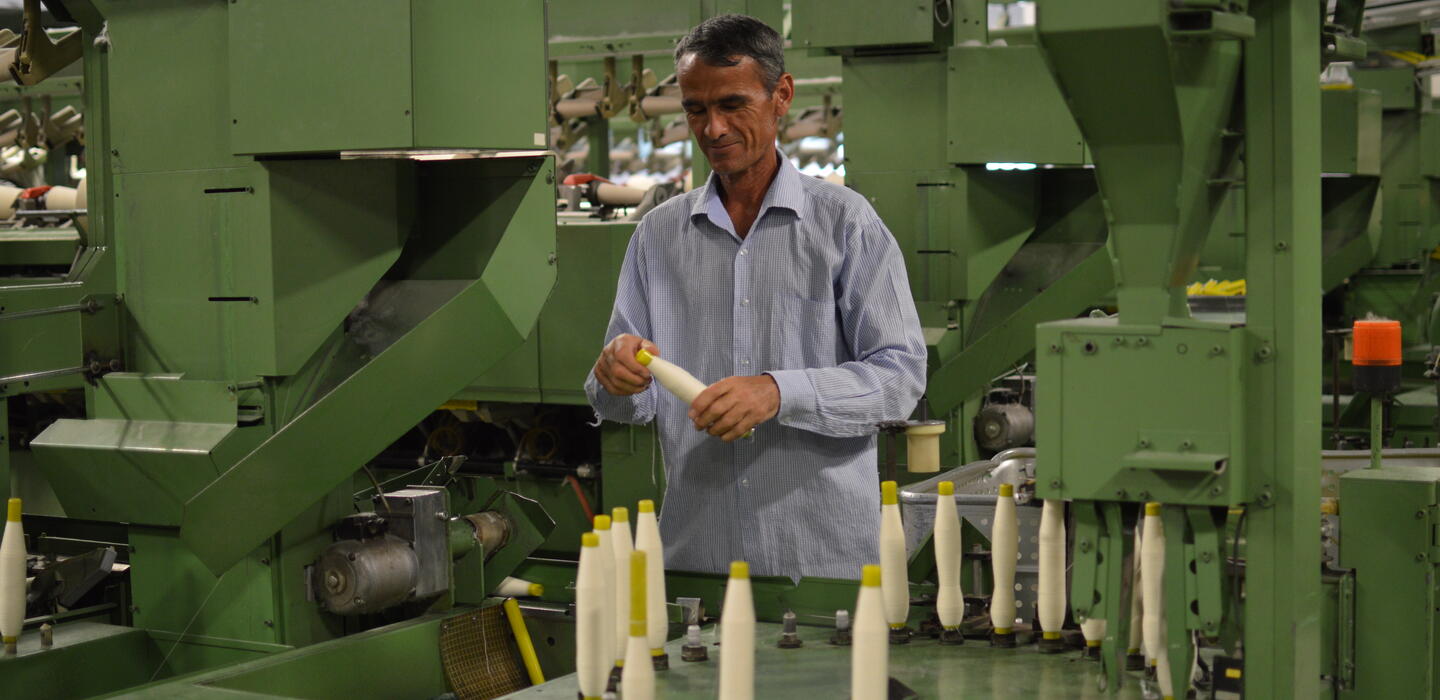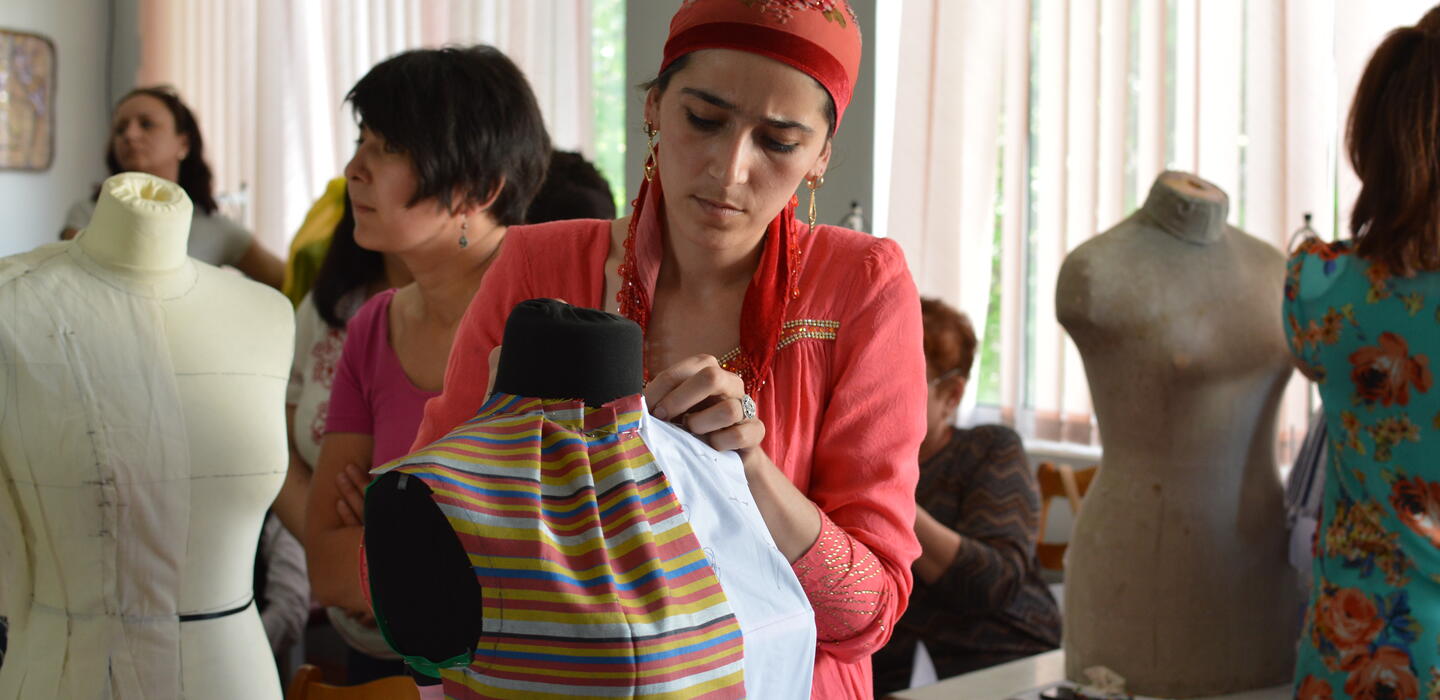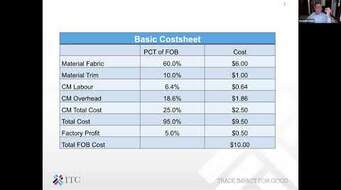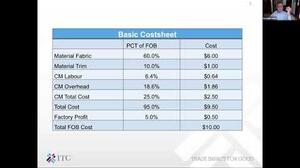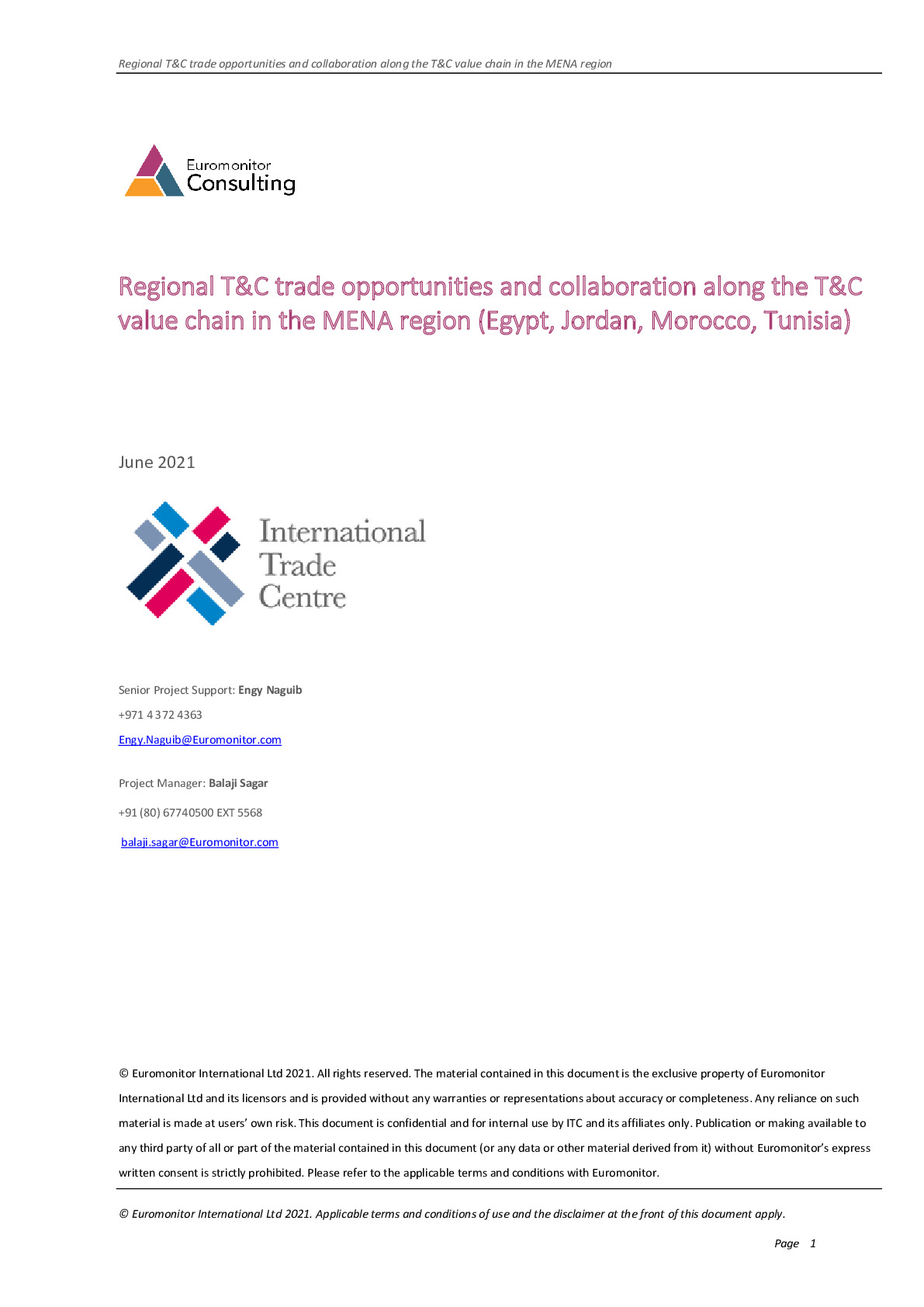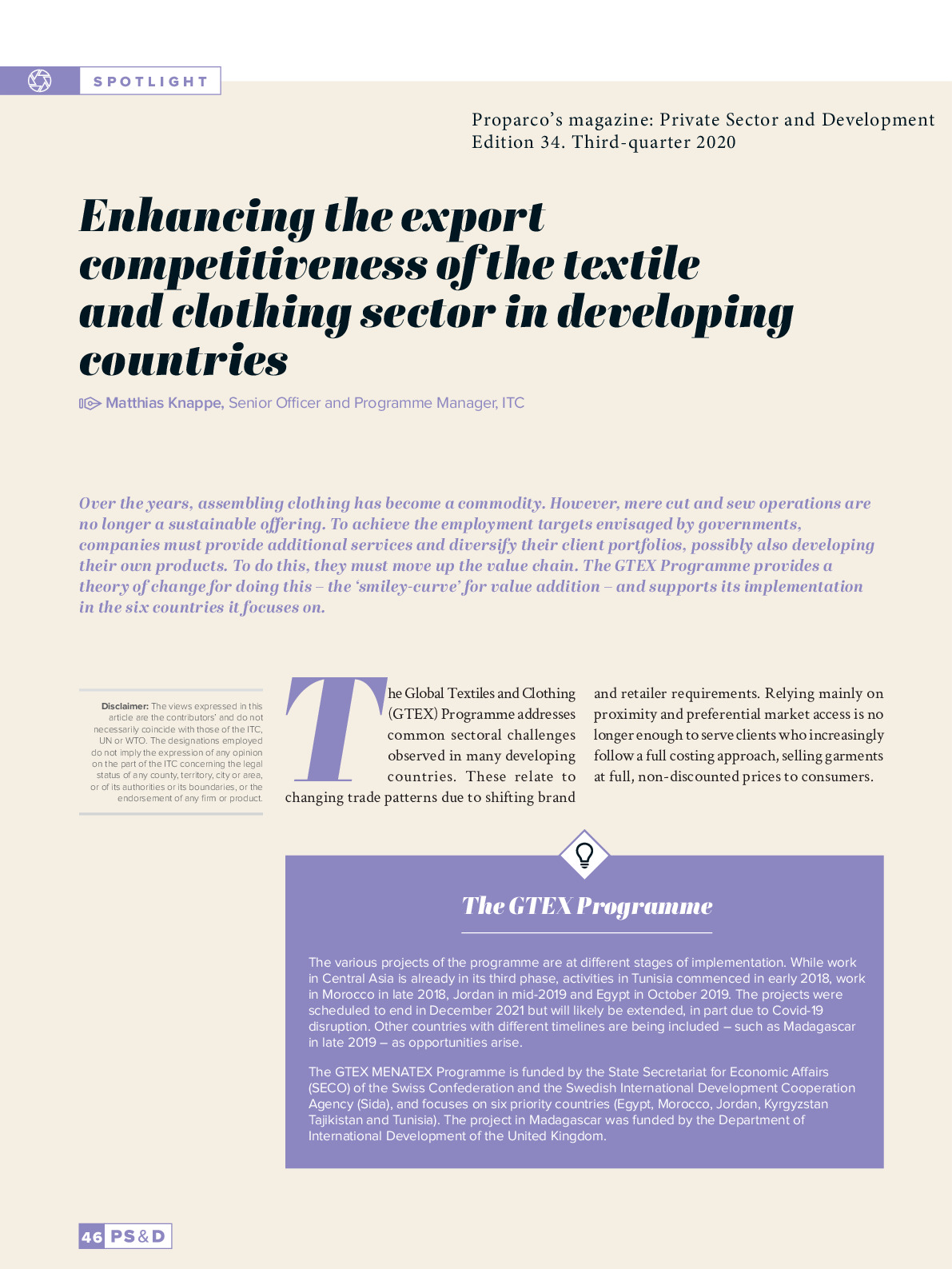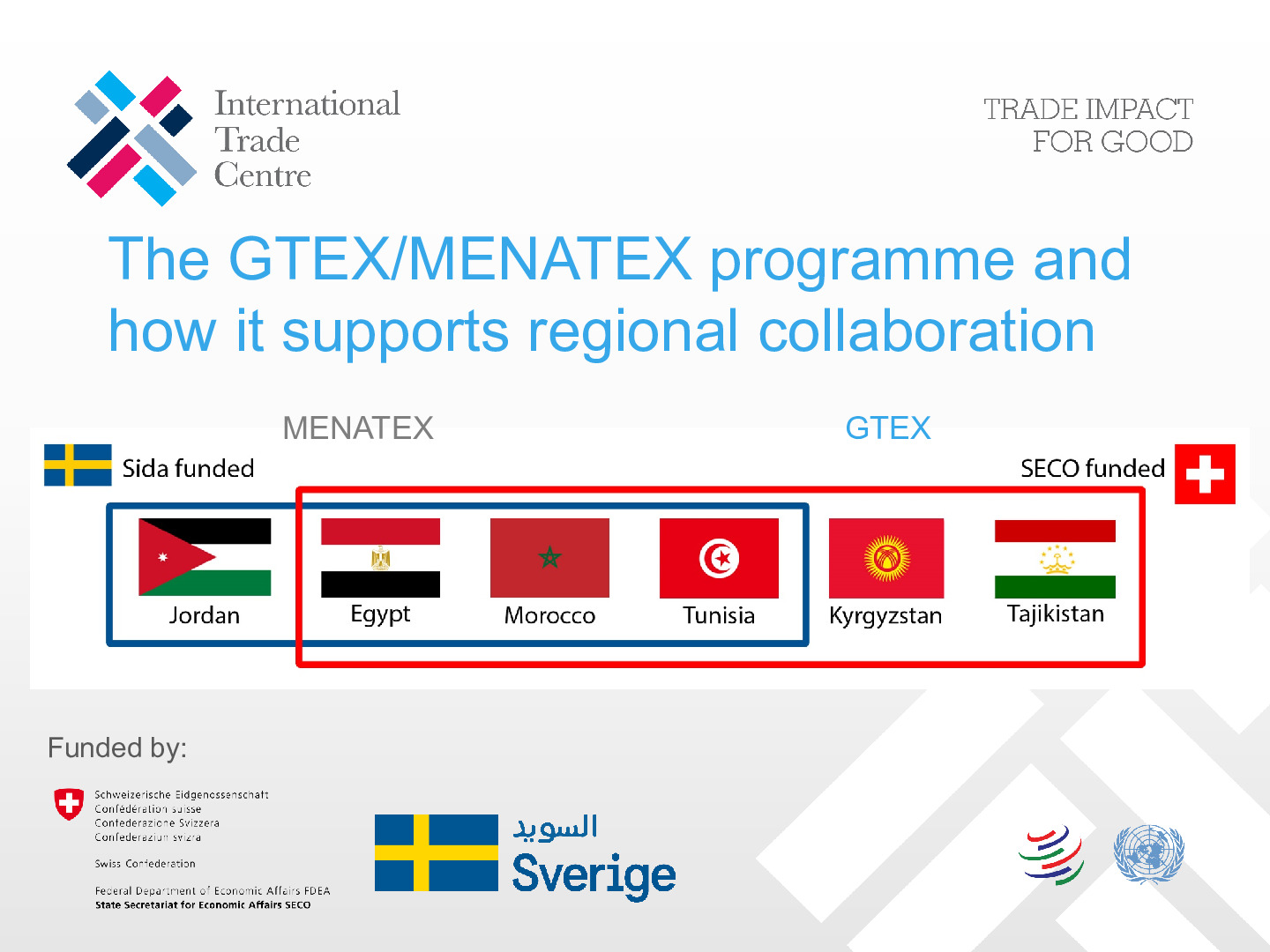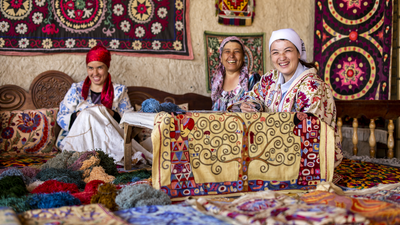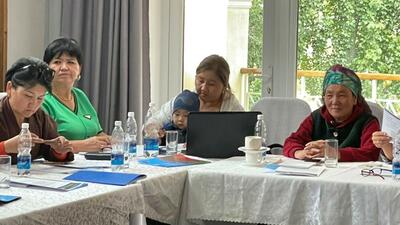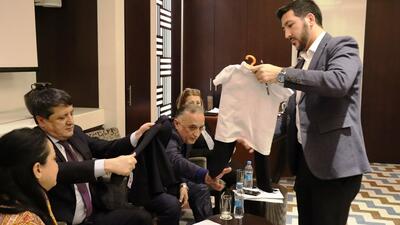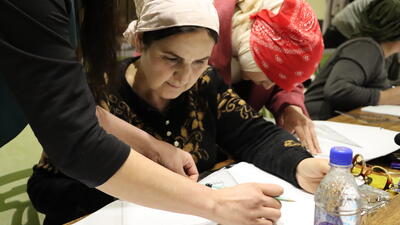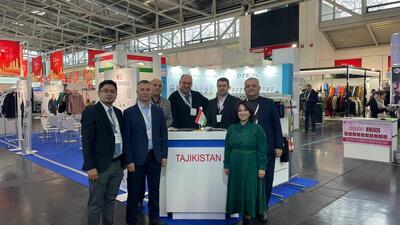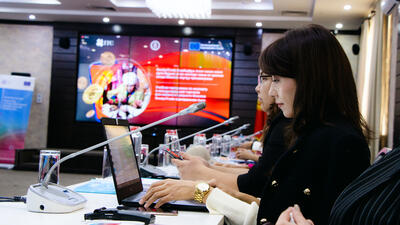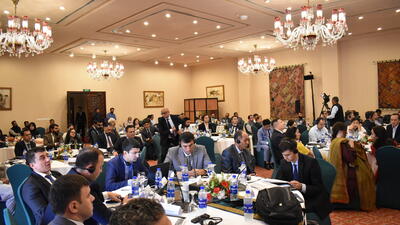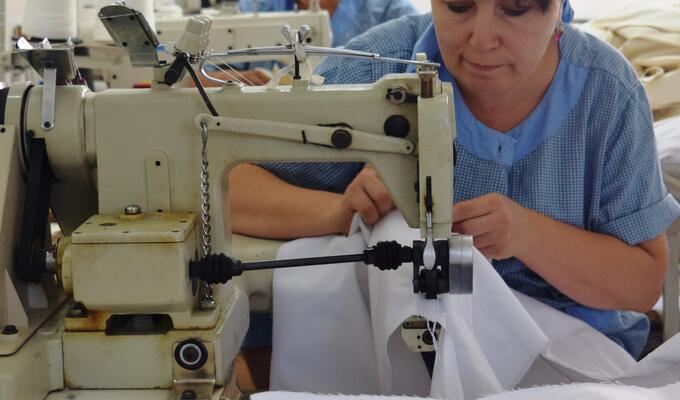

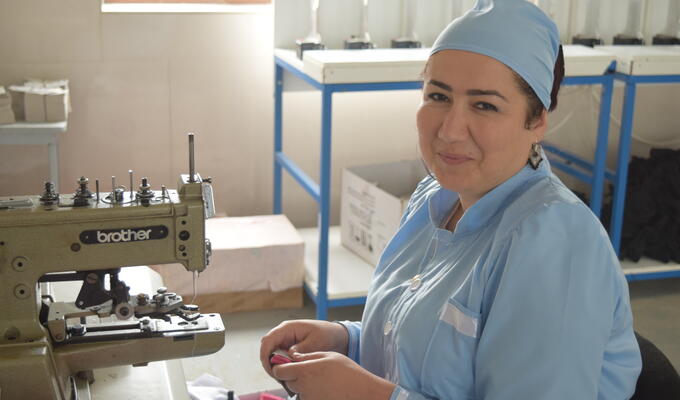
Tajikistan: Improving the international competitiveness of the textile and clothing sector (GTEX)
Overview
Summary
The project for Tajikistan is developed within the framework of the GTEX programme and will build upon the achievements of the previous technical assistance projects delivered by ITC in cooperation with SECO. The project will assist Tajik TISIs to improve and sustain their operational and managerial capacities further to offer a wider range of quality services to SMEs in the T&C sector. Support will be provided to TISIs through training and advisory services in sector-specific business areas where relatively stable demand from SMEs is already observed, as well as in the areas where demand from SMEs is foreseen in the near future. Building upon the achievements of previous ITC interventions in the T&C sector in Tajikistan the project will continue to support selected SMEs by connecting them to markets and value chains. This assistance will be provided jointly with local TISIs enabling them to gradually take over the provision of this service.
The project will assist in implementation of trade facilitation reforms with a specific focus on the T&C industry to ensure that T&C businesses fully benefit from an improved cross-border environment. It will support the TTFC and the TTFC Secretariat to issue recommendations for the simplification and standardization of textile related import, export and transit formalities
Partners
Sustainable Development Goals
Changing lives in the textile and clothing sector
ITC’s Global Textiles and Clothing Programme (GTEX) in Tajikistan aims to create jobs and increase the income of small and medium-sized businesses in the textile and clothing (T&C) industry. To that end, ITC works with the government on policies to improve the sector’s business environment and competitiveness.
We also work directly with up to 15 small and medium-sized enterprises in denim, knitwear, sports, and leisurewear, and provide support to improve dyeing and finishing processes, and to meet environmental standards. We help these businesses diversify their exports and increase their ability to compete in international markets, and provide training in product design, export marketing and branding, and digital upgrading.
Strengthening the sector and boosting exports will have an enormous impact as the industry employs up to an estimated 15,000 people. The apparel industry is the second-largest exporting industry in the country and over 90% of the sector’s workforce are women.
Turning the COVID-19 crisis into opportunities
Tajikistan’s clothing sector was badly hit by the COVID-19 economic upheaval. To support the industry, ITC’s GTEX Tajikistan project adjusted its plans to tackle the new challenges during the pandemic.
GTEX organized several webinars and online coaching sessions to help companies adapt to new realities and follow the national health authorities plan to ensure appropriate COVID-19 preventive health and safety measures.
The sector responded to the crisis by producing protective masks and other medical textiles, meeting local market demand and supporting the country throughout the pandemic.





